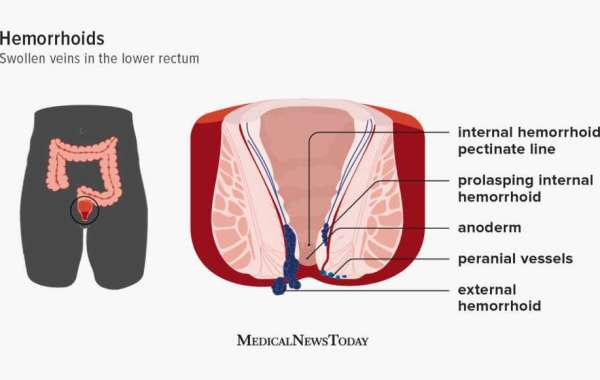Haemorrhoids, swollen blood vessels in the rectal and anal area, can be a source of discomfort and pain for many individuals. One common question that arises when dealing with haemorrhoids is, "how long does it take for haemorrhoids to go away?" Understanding the duration of haemorrhoids and when to expect them to resolve can help individuals manage their symptoms and find relief.
The duration of haemorrhoids can vary from person to person and depends on various factors such as the severity of the condition, the individual's overall health, and the treatment methods employed. In general, mild cases of haemorrhoids may resolve on their own within a few days to a week. However, more severe cases may take longer to heal and may require medical intervention.
It's important to note that while haemorrhoids may go away on their own, taking certain measures can help expedite the healing process and alleviate symptoms. Here are some tips to promote healing:
Maintain proper hygiene: Keep the anal area clean by gently washing with warm water after bowel movements. Avoid using harsh soaps or wipes that may irritate the area.
Increase fibre intake: Consume a diet rich in fibre to soften stools and reduce strain during bowel movements. Include fruits, vegetables, whole grains, and legumes in your meals.
Stay hydrated: Drink an adequate amount of water to prevent constipation, which can worsen hemorrhoid symptoms.
Avoid straining: Avoid prolonged sitting on the toilet and straining during bowel movements. If necessary, use a stool softener to ease the passage of stools.
Apply topical treatments: Over-the-counter creams, ointments, or suppositories containing ingredients like witch hazel or hydrocortisone can provide temporary relief from pain and itching.
Use warm compresses: Applying a warm compress to the affected area can help reduce swelling and promote blood flow, aiding in the healing process.
If home remedies do not provide sufficient relief or if the haemorrhoids persist for an extended period, it is advisable to consult a healthcare professional. They can evaluate the severity of the condition and recommend appropriate treatment options. Medical interventions for haemorrhoids may include minimally invasive procedures, such as rubber band ligation or sclerotherapy, or surgical removal for more severe cases.
In summary, the duration of haemorrhoids can vary depending on several factors. While mild cases may resolve within a few days to a week, more severe cases may require additional time and treatment. By practising proper hygiene, adopting a fibre-rich diet, and following other recommended measures, individuals can promote healing and alleviate symptoms. It is essential to seek medical advice if symptoms persist or worsen to ensure proper evaluation and appropriate treatment. Remember, each person's experience with haemorrhoids is unique, and patience, along with proper care, can help pave the way to relief.










